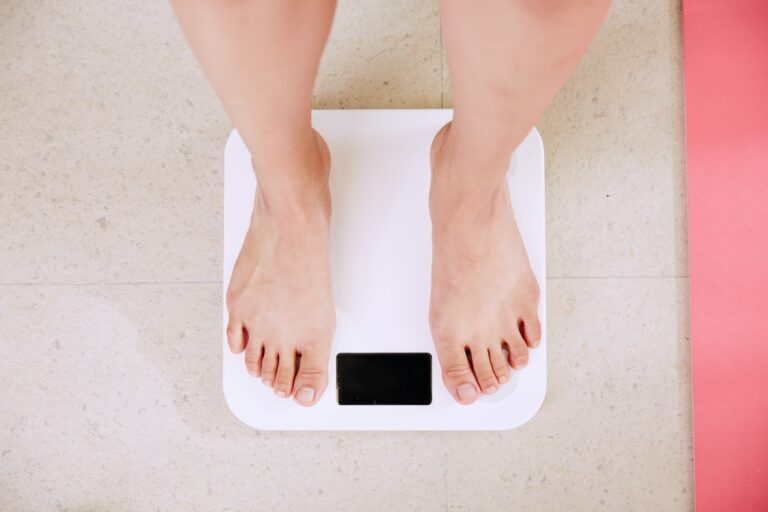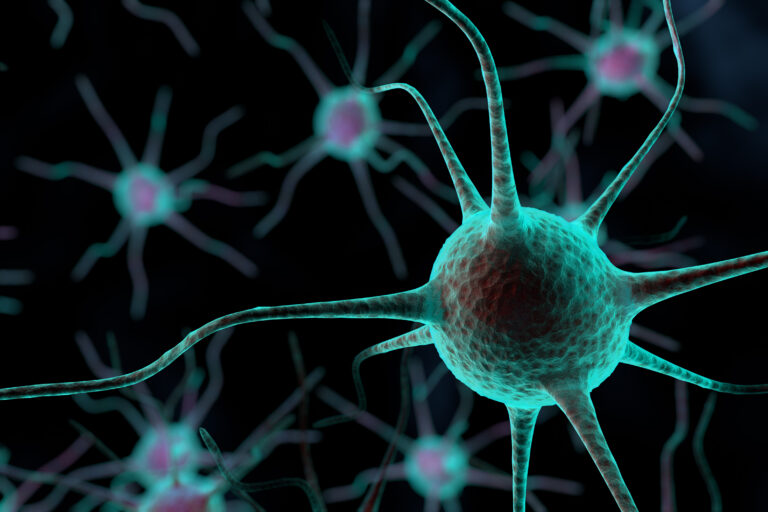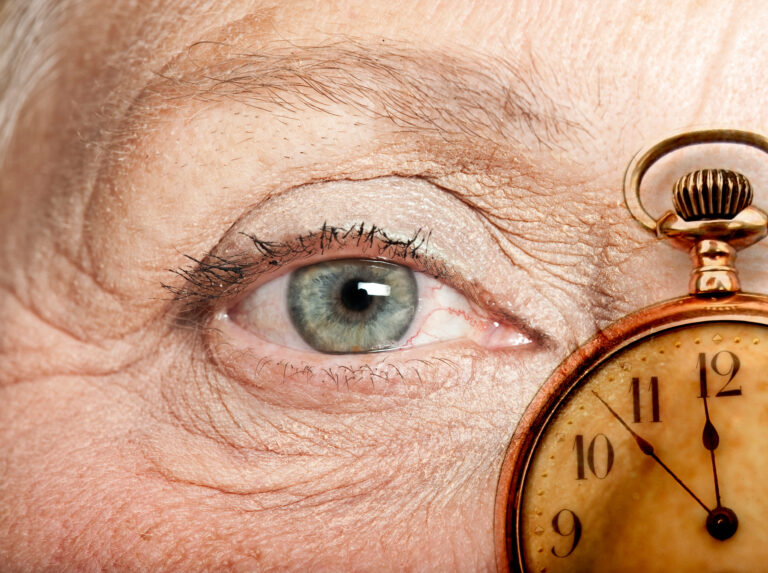## Should You Take Omega-3 With Food? A Simple, In-Depth Guide
Omega-3 fatty acids are essential nutrients that your body can’t make on its own—you have to get them from food or supplements[2]. They play a big role in brain health, heart health, and even mood[1][2]. But if you’re taking omega-3 supplements, you might wonder: **Should I take them with food?** Let’s break down the science, the practical advice, and what experts say, all in plain language.
—
## What Are Omega-3s and Why Do They Matter?
Omega-3s are a type of fat. The main kinds you’ll hear about are EPA (eicosapentaenoic acid), DHA (docosahexaenoic acid), and ALA (alpha-linolenic acid). EPA and DHA are found mostly in fatty fish like salmon, mackerel, and sardines, while ALA comes from plant sources like flaxseeds and walnuts[1][2]. Your body can turn a little ALA into EPA and DHA, but not very efficiently, especially if you’re stressed, older, or not eating well[1].
These fats are crucial for your brain, eyes, and heart. Studies suggest they might help with depression, protect against heart disease, and support healthy brain aging[1][2]. Because many people don’t eat enough fish, supplements like fish oil capsules are popular[1][2].
—
## How Are Omega-3 Supplements Absorbed?
When you swallow an omega-3 supplement—usually a softgel or liquid—it has to travel through your digestive system. Fats, including omega-3s, are absorbed better when there’s other fat present. That’s because your body uses bile (a digestive fluid) to break down fats, and bile is released when you eat fatty foods.
**Taking omega-3 with a meal that contains some fat can help your body absorb more of the omega-3s.** This isn’t just a guess—it’s basic human physiology. Fat-soluble vitamins (like vitamins A, D, E, and K) and fatty acids (like omega-3s) are all absorbed better with dietary fat.
—
## What Happens If You Take Omega-3 on an Empty Stomach?
If you take omega-3 supplements without food, especially without any fat, your body might not absorb as much of the beneficial EPA and DHA. You could be wasting some of the supplement. Also, some people find that taking fish oil on an empty stomach can cause stomach upset, fishy burps, or a bad taste in the mouth[2]. These side effects are usually mild but can be annoying.
**Taking omega-3 with food, especially a meal that contains healthy fats (like avocado, nuts, or olive oil), can reduce these side effects and help your body get the most out of the supplement.**
—
## Are There Any Risks or Downsides?
Omega-3 supplements are generally safe for most people when taken as directed[2]. The most common side effects are digestive issues like nausea, diarrhea, or a fishy aftertaste[2]. Taking your supplement with food can help minimize these.
If you’re on blood-thinning medications or have a bleeding disorder, talk to your doctor before starting omega-3 supplements, as they can thin the blood slightly[2]. Always check with a healthcare professional if you have any medical conditions or take other medications[2].
—
## What Do Experts Recommend?
Most health professionals and supplement manufacturers suggest taking omega-3 supplements with a meal. This isn’t just about comfort—it’s about making sure your body can use the nutrients effectively. There’s no strict rule about which meal is best, but taking your supplement with your largest meal of the day (which likely has the most fat) is a practical approach.
If you’re vegan or vegetarian, algae-based omega-3 supplements are available and can be taken the same way—with food for better absorption[1].
—
## Practical Tips for Taking Omega-3
– **Take your omega-3 supplement with a meal that contains healthy fats**—this could be breakfast, lunch, or dinner, whichever works for you.
– **If you experience fishy burps or stomach upset**, try taking the supplement with food, freezing the capsules, or switching to a enteric-coated formula (which dissolves in the intestine, not the stomach).
– **Store your supplements properly**—keep them in a cool, dark place to prevent the oils from going rancid.
– **Check the expiration date**—old fish oil can taste bad and may not be as effective.
—
## Can You Get Enough Omega-3 From Food Alone?
It’s possible, but many people don’t. Fatty fish like salmon, mackerel, herring, and sardines are the best sources[1][2]. If you eat these a few times a week, you might not need a supplement. But if you don’t like fish or don’t eat it often, a supplement can help fill the gap[1][2].
Plant sources like flaxseeds, chia seeds, and walnuts provide ALA, but your body doesn’t convert much of this into EPA and DHA[1]. Algae oil is a direct vegan source of DHA and EPA[1].
—
## The Bottom Line on Timing
**Take your omega-3 supplement with a meal that contains fat for best absorption and to reduce side effects.** There’s no need to overcomplicate it—just pair your supplement with breakfast, lunch, or dinner. If you have specific health concerns or take other medications, talk to your doctor before starting any new supplement[2].
—
## Sources
[1] BestMind Behavioral Health – How Omega-3 Fish Oil Affects Your Brain and Mental Health
[2] Medical News Today – Fish oils and omega-3 oils: Benefits, foods, and risks





